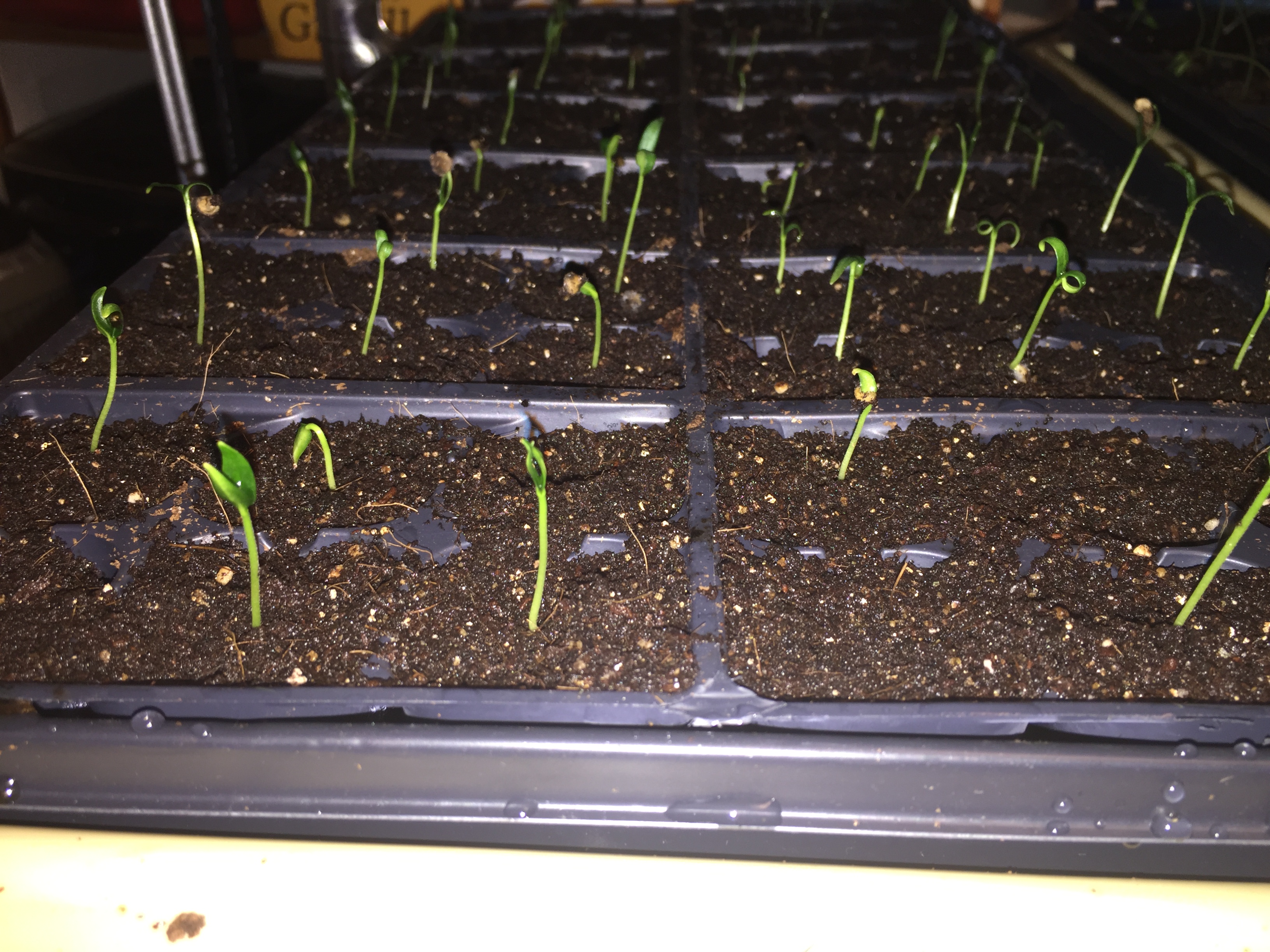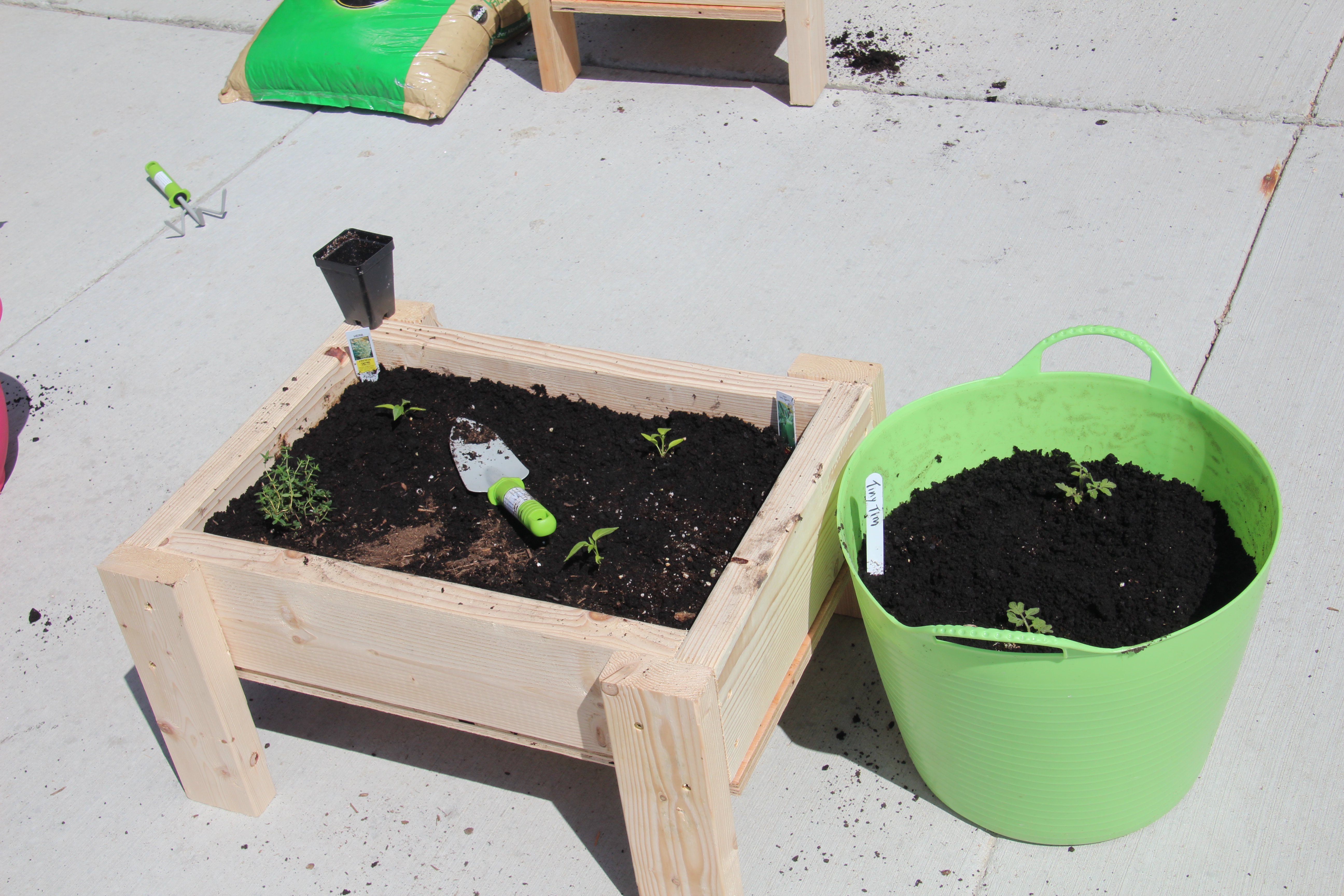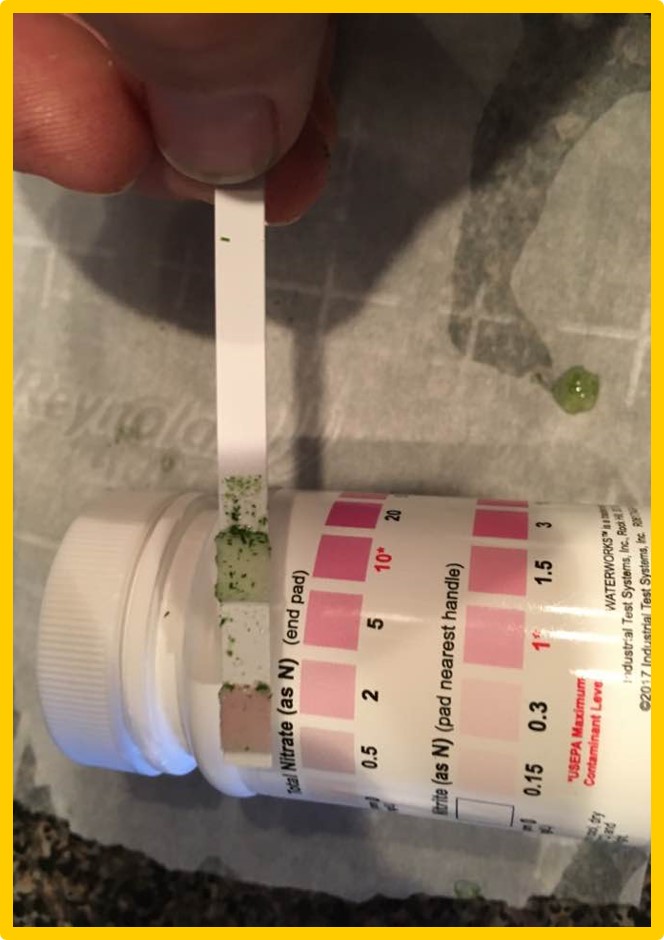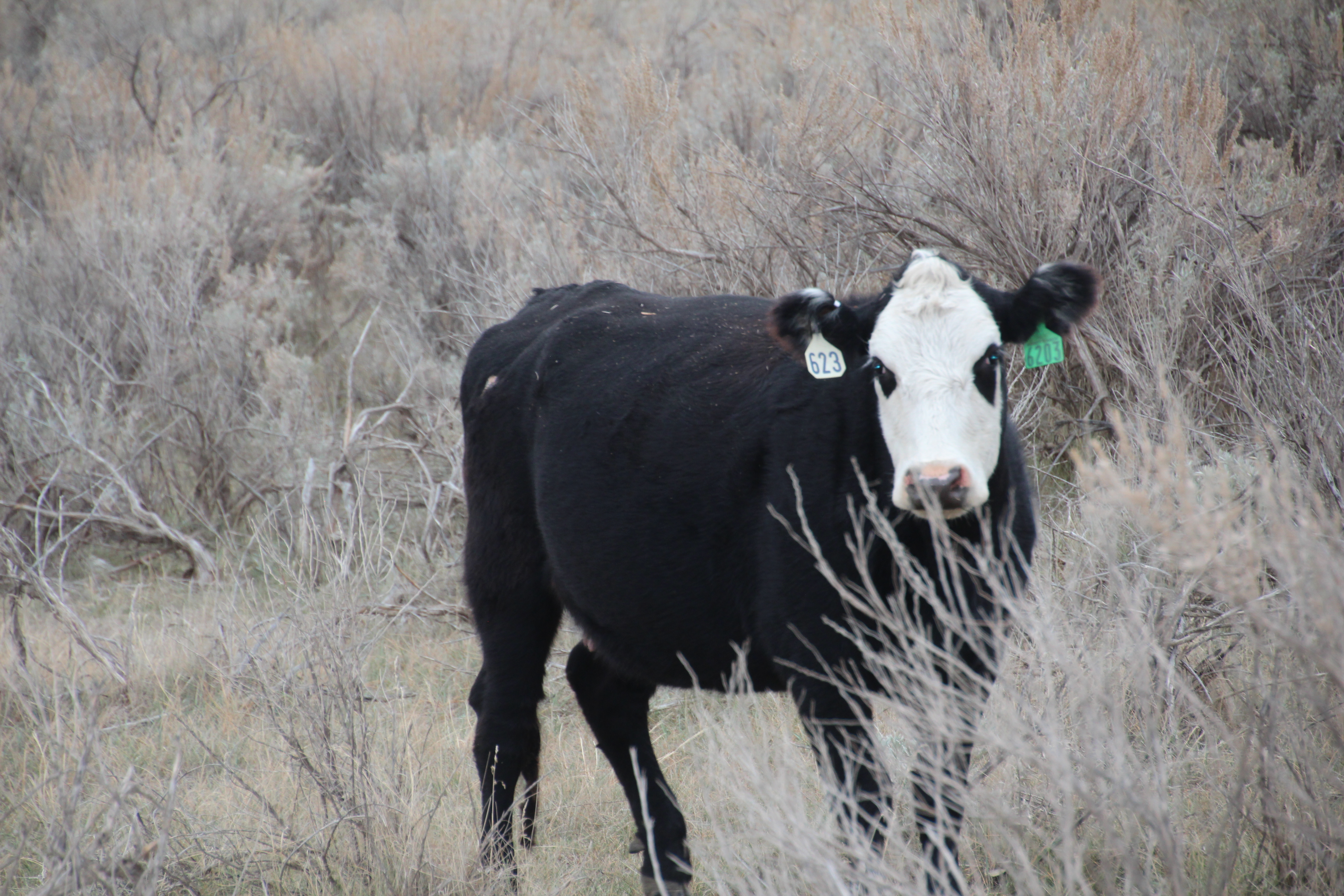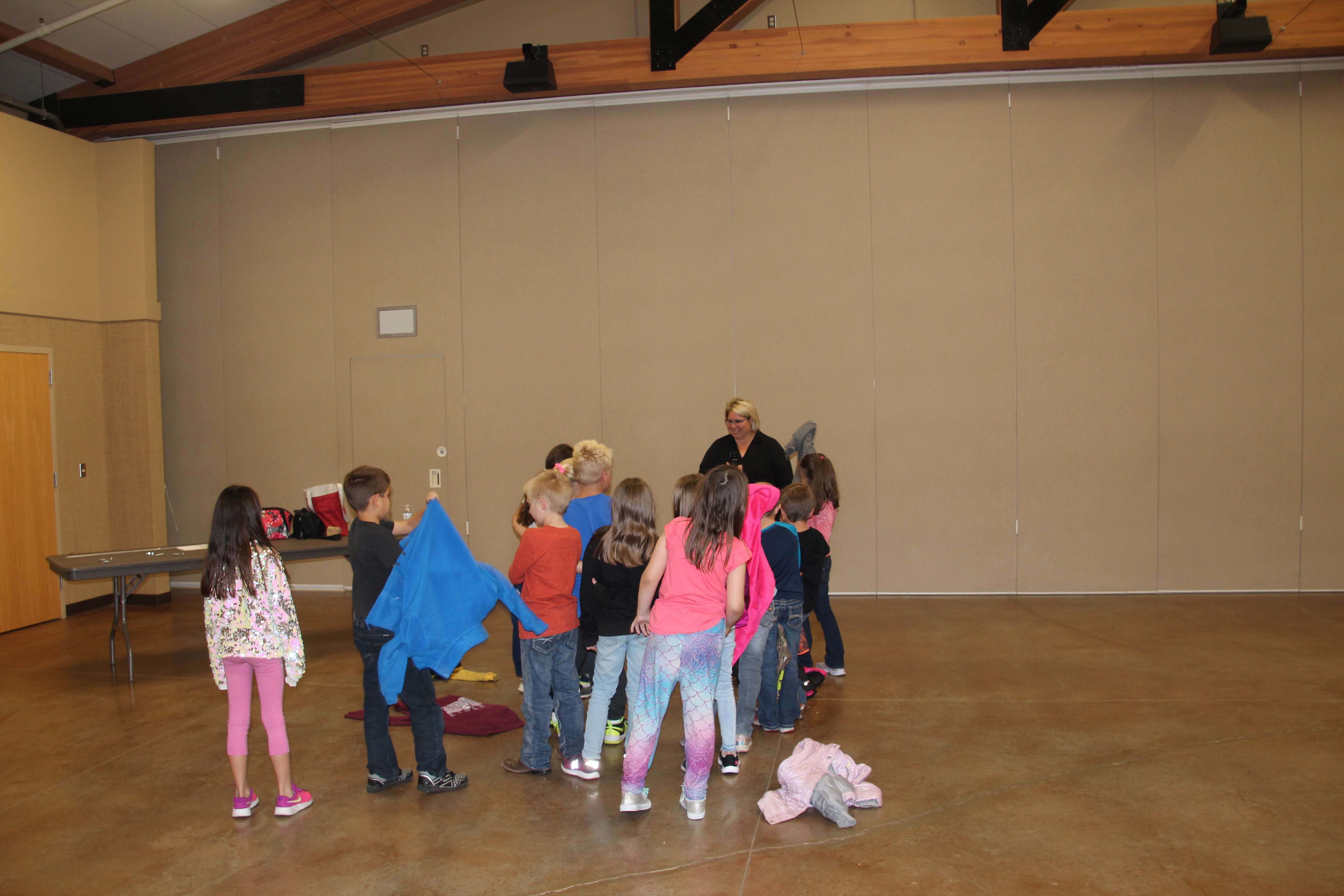
Fort Peck Reservation
Welcome to Fort Peck Reservation
Published: 2019By Wendy Becker
MSU Extension Fort Peck Reservation: Wendy Becker Extension Agent
The Fort Peck Reservation is 2,094,000 acres of land, located in the northeast corner of Montana. Poplar is the home to the Tribal Council headquarters. The Fort Peck Reservation is home to two separate American Indian Nations, each composed of numerous bands and divisions. The reservation is isolated from Montana’s populated areas as well as manufacturing centers, but does overlap oil and gas developments. The largest employer on the Fort Peck Reservation is the Fort Peck Tribes. The main economic driver is agriculture with the land rich in natural resources.
Expanding the Tribal Extension Garden
Published: 2019By Wendy Becker
Expanding the Tribal Extension Garden The Fort Peck Reservation Extension Office developed an educational program based on rural agri-tourism, working with cultural educational customs, and horticulture practices of Northeastern Montana. In the past few years, the Tribal Extension Garden has been successful with raising awareness on gardening issues, a pumpkin patch, a community garden, and now has expanded to container gardening and post-harvest possibilities. Working with garden enthusiasts, the Community Services Department, and youth groups, participants learned how to grow a garden without having space. Space can be unavailable for residents, soil may be contaminated, or pest pressures force individuals not to be able to enjoy fresh produce from a garden. This program used hands-on methods to teach participants how to build their own box, barrel, container, or other structure to be able to grow a garden. They learned how to pair certain vegetables together in a small space, and also that different varieties work better in certain areas. At the end of the gardening season, there was a post-harvest get together to learn how to preserve garden produce, compare notes on the gardens they raised, and think about next season. More than 250 people benefited from the activities provided through the program in the last year. Participants indicated that the information obtained was invaluable for feeding their families, conserving water, sharing ideas, networking with other horticulturists, and sparking interest in other horticulture aspects.
The Tribal Agriculture Series
Published: 2019By Wendy Becker
The Tribal Agriculture Series Responding to current and ongoing needs is essential to our work as Extension agents. The need can come on quickly such as with wildfire, or slowly like drought, both of which the Fort Peck Reservation experienced during the previous year. The Fort Peck Tribes Natural Resources Department, the Natural Resources Conservation Service, the MSU Extension Office on the Fort Peck Reservation, and Fort Peck Community College gathered together to rapidly adjust programming to fit the specific topics. Events that developed came from topics that were seen encompassing the reservation lands. Fire, drought, soil health, animal nutrition, forages, nitrate testing, farm business management, bull buying decision making, and weather were centered around four different program times. Workshops were presented with knowledgeable speakers and some hands-on demonstrations. To enhance the major topics, other local subject matter was introduced that directly affected ranchers' bottom lines, such as discussing the beef check-off, storing forages, and programs at the Farm Service Agency/NRCS. The sessions were attended by 75 farmers and ranchers. Response to the topics and seminars ranged from participants never even knowing these programs existed or how they worked, to examining their inputs more closely because of what was learned. A local rancher brought in a hay sample within 30 minutes following the program to have it tested for nitrates. Others immediately got signed up with FSA programs for support. Another person stated that they will be changing their cut sheet at the butcher to include cuts they want and not just what is offered.
Non-traditional 4-H and youth development
Published: 2019By Wendy Becker
Non-traditional 4-H and Youth Programming There are a number of communities across the Fort Peck Reservation. Working together with different tribal departments, schools, youth groups, and businesses helps identify where some outreach programs are needed. In several schools, art instruction isn’t always able to focus time or money on fun aspects of learning. MSU Extension is able to supplement curriculum plans and activities for teachers in art, crafting, and hands-on activities. Some of the programs also center on the Montana mandate of Indian Education for All. Arts and crafts projects have included making leather ornaments, bookmarks, or key rings. We were able to provide a robotics kit with support from the Gianforte Family Foundation to use in conjunction with STEM activities. In cooking and food preparation classes, we focus on simple snacks or discuss old tradition vs. new tradition. We create sausage, jerky, summer sausage, and snack sticks in a completely hands-on environment meant to enhance student learning. Holiday-centered crafts are created for youth to bring to their families. All of these projects help to support family cohesiveness and invite children to communicate. They can articulate what they did, feel great pride in something accomplished, and inspire further learning or creativity. Life skills learning in a positive youth development setting has shown that hands-on learning experiences can make a positive impact on youth and those around them.



